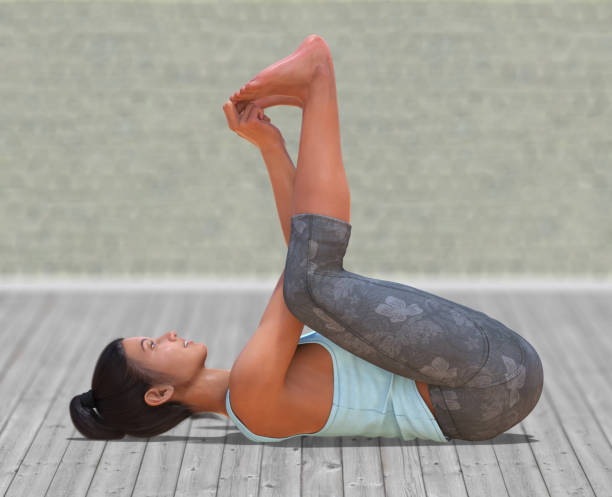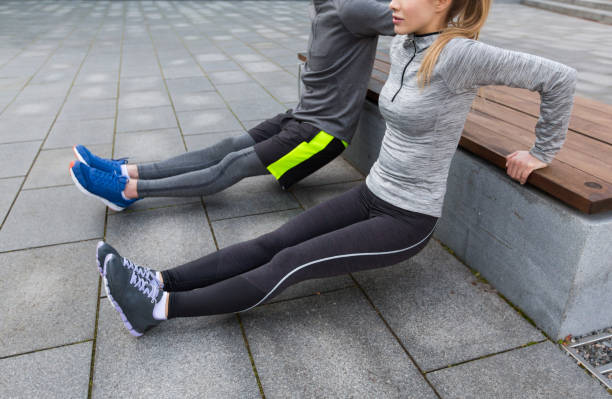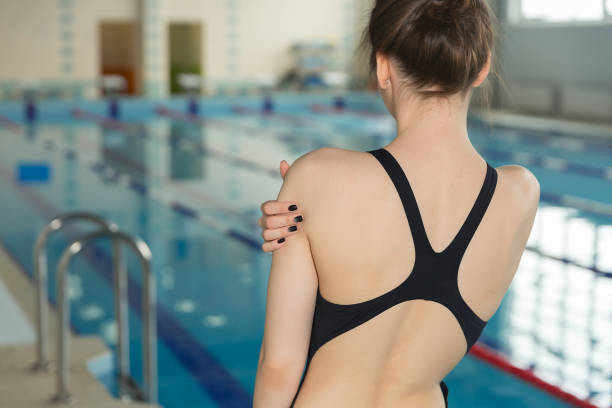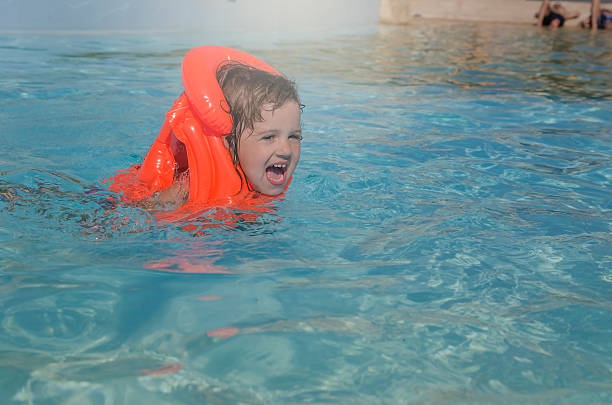Many people’s lives have been drastically altered by the coronavirus pandemic. We have had to completely rethink how we do our daily business, from the way that we work to the ways we exercise.
Swimmers are often concerned about how swimming will be in a post-pandemic environment. They also worry about the risks that the virus could pose to their sport.
This post will cover all you need to know about COVID-19 swimming. We will discuss the dangers the virus poses to the swimming environment and share our top tips on how to get back in the water after (and during) the pandemic.
Let’s get started.
Is it safe to swim in a pool when they open?
There is a low risk of getting coronavirus from swimming in the pool. This is according to medical consensus. You may actually be safer in the water than you are on land. Two main reasons are the reason.
Covid-19 isn’t able to spread through water
The US Government Centers for Disease Control states that there is no evidence that coronavirus can spread through water in hot tubs, spas, and other water play areas.
COVID-19, which is not water-borne, is a respiratory disease. It transmits via saliva droplets, which travel through the airways when people cough, sneeze, or speak.
This means that even though you are actually swimming in the water, it is almost impossible to get COVID-19 if you don’t keep your distance from the wall.
Pool chemicals are effective in killing the virus
Second, chlorine used to disinfect pool water is extremely effective in destroying viruses like COVID-19 virus.
The World Health Organisation states that a chlorine level above 0.5 mg/l is sufficient for the elimination of viruses like COVID-19. The UK-based Pool Water Treatment & Advisory Group confirmed the coronavirus would not be activated at the chlorine levels used in swimming pools in the UK.
Almost all of the evidence about coronaviruses indicates that they cannot survive in properly treated pools. Source
While you are safe in the water there are some risks to be aware of, such as the time spent in the changing rooms and showers.
What about Changing Rooms and Showers?
As in any other crowded environment, such as offices or supermarkets, the risk of the virus spreading between people increases.
Swimming pools have the highest risk of contracting the virus. This is especially true if you are in shared areas like the changing rooms or showers. It’s more likely you will be in close proximity to someone with the virus, who can spread it to you by coughing or sneezing.
You could also get the virus from touching surfaces touched by infected people. However, the CDC states that this is not the only way the virus spreads.
It’s important to not only be aware of pool water but also be mindful of other swimmers who use the facility at the same time.
It is important to follow the same precautions as public health agencies: avoid contact with potentially contaminated surfaces, practice social distancing, don’t touch your face, and wash your hands frequently using soap or hand sanitizer.
Swim England has created a list of precautions that will help to reduce the risk of coronavirus entering the pool environment. These precautions include arriving at the pool prepared to swim, and not using wide-arm strokes like butterfly in busy lanes.
What do the New Swim England Guidelines Mean?
To ensure safety, the new Swim England Guidelines are for pool users. Here is a brief overview of the important advice:
- If you have symptoms of COVID-19, avoid swimming.
- Before you leave your home, double-check the timetable of your local pool
- Pre- and post-swim showers can be done at home if possible
- To cut down on time in the changing rooms, arrive at the pool wearing your swimsuit
- Label all of your swimming gear, including paddles, water bottles and kickboards.
- Don’t overtake swimmers; allow swimmers who are faster to pass the wall.
- Avoid butterflies in busy lanes
- When you are resting, keep your head away from swimmers and allow them enough room to turn.
You can view the entire document if you are interested in swimming.
It’s a good idea to check with your local pool before you go to swim. There may be rules or restrictions that you must follow.
In Summary
It’s been frustrating to be away for so long from the pool.
On the plus side, swimming is not impossible this summer. We are hoping that the Government will provide the necessary guidance to allow pool operators to reopen their doors before the end the summer.
It’s nice to be able relax knowing that there are virtually no chances of getting the virus from swimming in the pool.
There are risks in other areas of the pool that can be increased if you adhere to regulations and guidelines.
One thing is certain, unlike other social activities, the new swimming experience won’t be the same as in years past.
We are willing to wager that when you put on your swimsuit and adjust your goggles, and start your first length, all the stress and strains will disappear.




